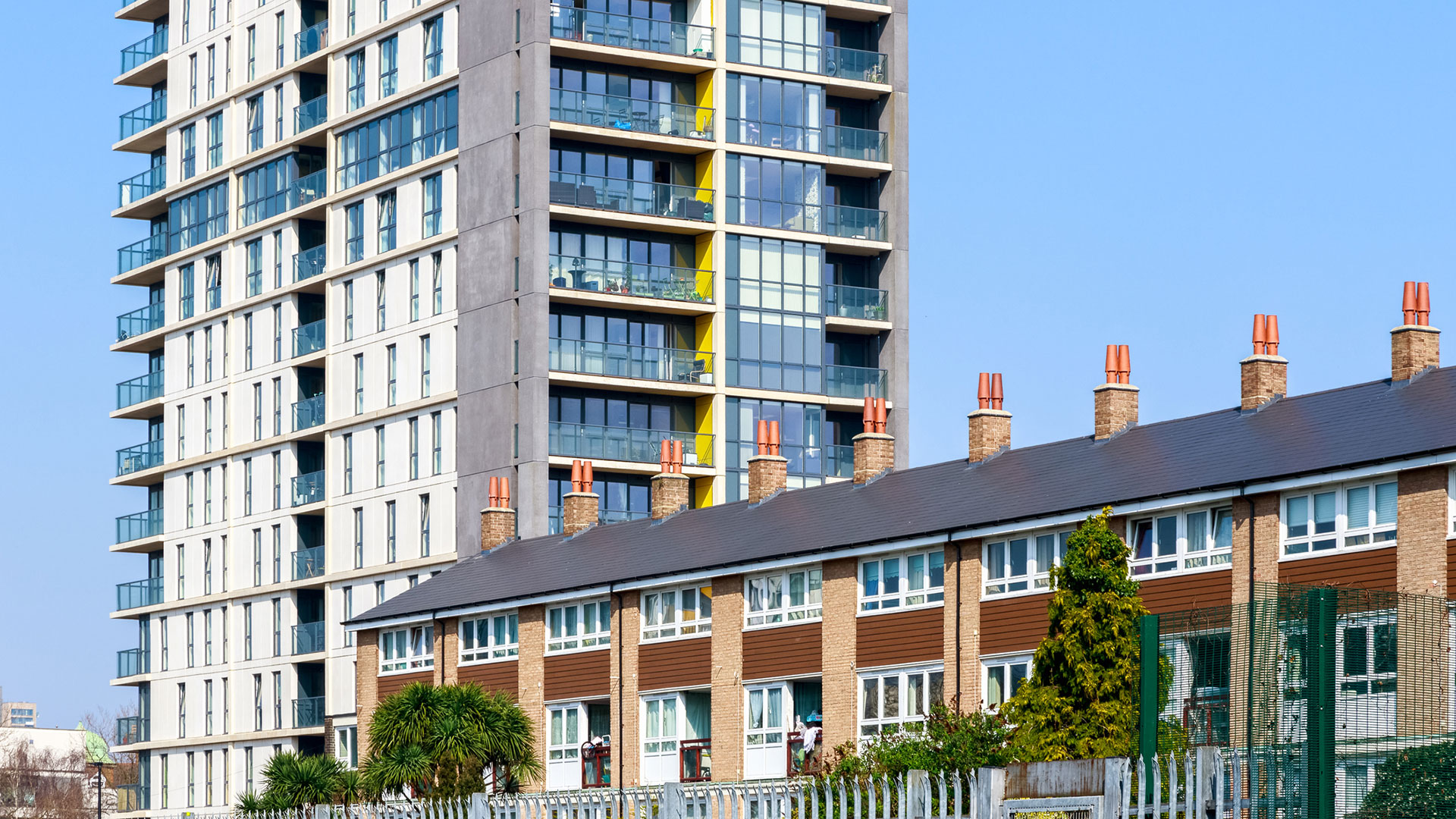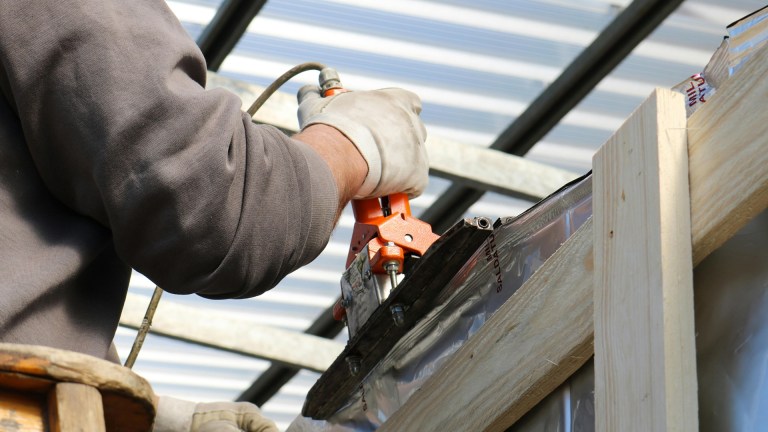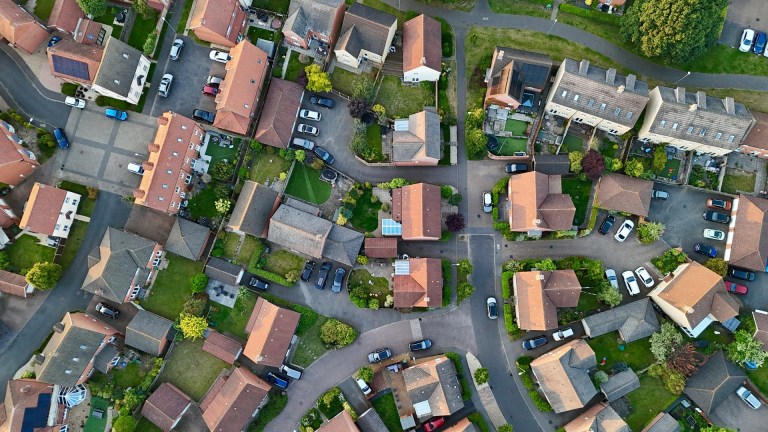Last month housing secretary Robert Jenrick announced a change in legislation making it easier for developers to convert buildings like offices into residential units – a practice that sparks fears shoddy homes that promote overcrowding.
The Government says the extension of Permitted Development Rights will help us build back from the Covid-19 crisis. It means offices, shops and warehouses in England can now not only be repurposed for housing but demolished entirely to build homes on the land without planning permission.
The news was met with widespread opposition. Housing experts said it would allow developers to sidestep minimum space standards and meant they wouldn’t be beholden to Section 106 – a requirement that they contribute to the local community, whether that be by creating a percentage of affordable housing or injecting cash into local amenities.
Instead, developers submit a prior approval notice to the local authority who can only consider limited factors – like flood risk and traffic – when deciding if the project can go ahead.
Deregulation is not the way to bring about new homes
The idea is that the creation of something built to fit the national standards is streamlined. But the resulting homes are tiny – as small as 13 square metres in some cases – often small studio flats with poor ventilation and internal windows reducing privacy. Some have no windows at all.
The Royal Institute of British Architects (RIBA) wants Westminster politicians to consider.










